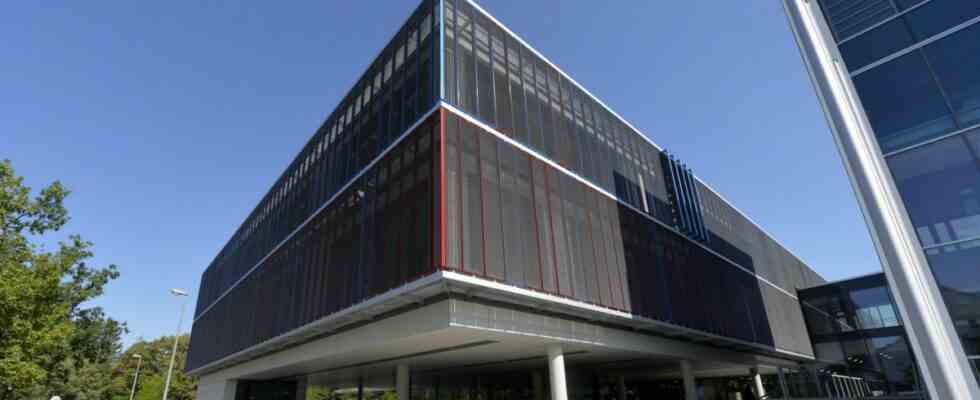The system of school special purpose associations in the district of Munich, in which municipalities and the district come together and jointly manage the construction and operation of further educational institutions, not only has a long tradition, but is also unique in its form in the Free State of Bavaria. Brunnthal’s Mayor Stefan Kern (CSU), in his capacity as district councilor, has now initiated a discussion about the future of this construct at the meeting of the Committee for Building and Schools and brought the abolition of the special-purpose associations into play. It must be considered, said Kern, to settle the school building and the maintenance of the facilities centrally in the district office. This would represent a paradigm shift in the education policy of the district of Munich.
The background to Kern’s considerations is an actually simple application by the special-purpose association for state secondary schools in the south-east of the district, to which the communities of Aying, Brunnthal, Hohenbrunn, Höhenkirchen-Siegertsbrunn, Neubiberg, Ottobrunn and Putzbrunn belong as well as the district and in whose area of responsibility the high schools in Neubiberg are located , Ottobrunn and Höhenkirchen as well as the Neubiberger Realschule. With the application, the association asks for the assumption of the administration costs actually incurred, i.e. from the sharpener to the laptop to the personnel costs.
City hall chief Kern expressed concerns that this assumption of costs would undermine the system of special-purpose associations. “It’s a fundamental problem, we’re moving further and further away from the special-purpose associations,” he criticized. “From the point of view of the special-purpose associations, I understand that the district should bear all costs as a lump sum, but I don’t know whether it makes sense.” As a result, the associations would only build up more and more staff. Alternatively, consideration must be given to dissolving the previous system and looking at “bundling effects”, according to Kern – i.e. transferring the system completely to the district and the administration in the district office.
The organizational form in the district of Munich is an exception in Bavaria
As a rule, the competence for the secondary schools in Bavaria lies in the hands of the respective district office or, in the case of the state capital, in the school department. And the districts therefore also bear the costs for new buildings, renovations, operation and maintenance. Only in the district of Munich, since the first modern grammar schools were founded in the early 1970s, for example in Haar, Unterschleißheim or Ottobrunn, have things been done differently because of the sheer size of the district and the rapidly growing population. As in the East, municipalities and the district joined forces to shoulder the expansion of the school landscape in cooperation. However, the system was repeatedly criticized, mainly due to the way the costs were shared.
So far, district administrator Christoph Göbel (CSU) as well as his predecessor Johanna Rumschöttel (SPD) and the majority of the district council have rejected the dissolution of the system of special-purpose associations, because this would have to create a completely new structure within the district office, which would be the same as that of the Munich school department would come, if not because of the size. More than 15,000 employees work in the education department, which also includes the day-care centers and the sports department. Nevertheless, Göbel has always emphasized that he does not want to set up a separate department within the district office for secondary schools. This has now been confirmed by District Councilor Günter Heyland (free voters). A dissolution of the special-purpose associations can already be discussed in principle, but only if there is space in the authority.

